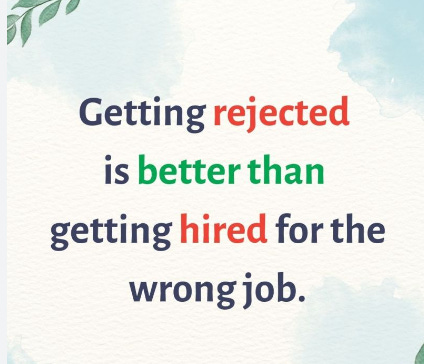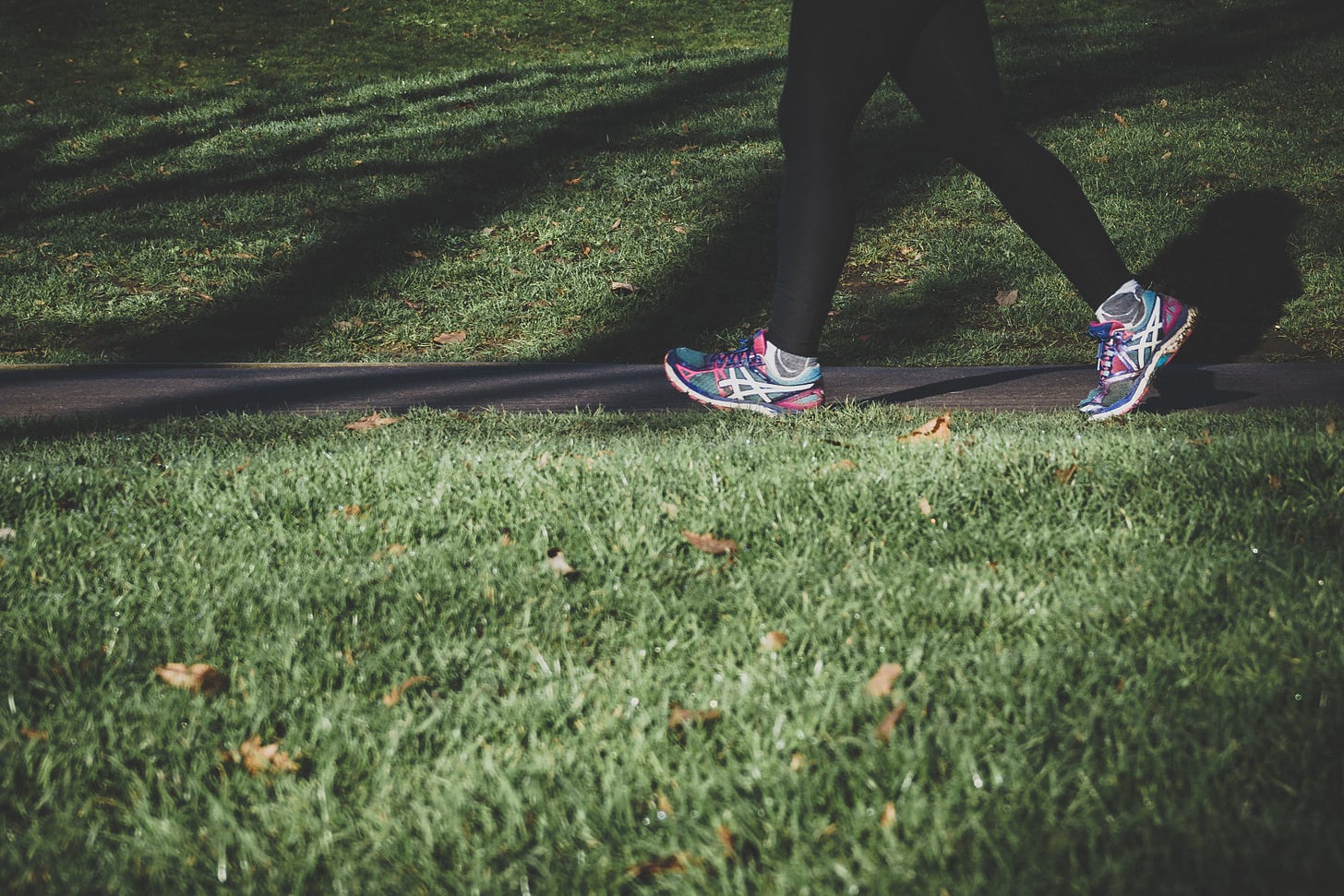Why You Should Read: Feel Good Productivity
Become more productive by doing more of what you love
This year, I continued my reading journey with a highly anticipated book, Feel Good Productivity by Ali Abdaal! His YouTube channel and podcast have been my go-to for several years on productivity, money, and content creation-related topics, so it is a no-brainer that I bought his book immediately when it was released in late 2023.
The writing style of Feel Good Productivity is rather similar to Morgan Housel’s The Psychology of Money and Same as Ever - each chapter starts with interesting anecdotal stories or research that convey the subject matter. I greatly enjoyed Housel’s storytelling style, which makes Ali’s book feel “familiar” right off the bat. (It is also a funny coincidence that both Feel Good Productivity and Same As Ever choose to write about Professor Richard Feynman, a Nobel Prize winner, as one of their stories 😃)
But truthfully, I was worried that Feel Good Productivity would be a rehash of input Ali shared through his YouTube videos, things he wrote in his newsletters, and general “guides and tips” from popular personal development books that are already in the market. Ali educates and gives out tons of values through his free content that I feel like there won’t be much left to, you know, teach the masses through the book.
While some actionable tips in Feel Good Productivity do feel similar to existing self-development books (for example, Ali mentions a trick called implementation intentions in which “When I do X, I will do Y”, that is identical to the habit stacking tip made popular in Atomic Habits by James Clear), fortunately, there are a few other tips that are new and proven beneficial to me:
😎 Will It Matter In 10 Minutes, 10 Weeks, Or 10 Years?
I received a piece of disappointing career-related news last week. Usually, this kind of news can make me feel down for a few days at least (because I got my hopes up too high, sigh), but one tip from Feel Good Productivity enabled me to get over this bad experience ASAP. I simply asked myself, will this matter in 10 minutes, 10 weeks, or 10 years from now?
I asked myself if the rejection would matter in 10 minutes: it did, lol. I kept replaying the interview session in my head, trying to gauge which part of the interview that could have made me fail.
Then, I asked myself if it would matter in 10 weeks, which surprisingly made me calm down in an instant. I know the rejection won’t matter months from now because I will be busy applying for jobs and attending interviews.
Then it won’t matter in 10 years because I will probably have a new job that suits me better by then.
I think this is one of the fastest ways to get out of a rut; no matter if it is work, relationship, money, or health matters 👍 Try to breathe in deeply, calm down, and ask yourself if the very thing that feels overwhelming at that time would matter in 10 minutes, 10 weeks, or 10 years from now.
😎 Treat Setbacks As “Data Points”
Ali also mentioned that another great way to treat failures is to see them as “data points” that you can gather in this experiment of life.
It is less stressful if we try to see setbacks as "data points" that we need to figure out to succeed. By having an experimental mindset, failures are just as important as successes. Let’s try to reframe that failures are not a 'waste of time' but merely experiences to help us realize what we want and understand ourselves better 🗒️
To be honest, this point of view has helped me so much to move on from the rejection. I now know that job interviews are merely a conversation for both the company and myself to get to know each other. I now know that I should not take things personally because there are so many reasons behind successful job interviews.
Through this POV, I now can reframe the interview as a good experience to have (yes, I did enjoy the interview very much actually) that I can further improve upon. It is another “data point” in life that can help me understand what I am like, how I want to shape my career, and how to be a better person 😉
😎 Instead of SMART, choose NICE
If you are thinking of coming up with 2024 goals or resolutions, you might fare better with Ali’s NICE goals instead of the usual SMART (Specific, Measurable, Assignable, Relevant, Time-Related) goals.
NICE stands for Near-Term, Input-Based, Controllable, and Energizing.
What’s different about NICE is that it emphasizes the feel-good journey of achieving one’s goals and prevents us from being discouraged by lofty, distant end goals.
💭 Near-term and Input-based goals ensure that we won’t be overwhelmed by the bigger yearly goals. Daily or weekly goals are more easily achievable.
For example, I plan to walk for 15 minutes, 3 times a week for my exercises. Yes, this is part of my bigger goal to lose 5 kgs by June 2024, but having a simple, weekly goal like this feels much more attainable and easier to track.
💭 Controllable emphasizes focusing on goals that are within our control. Saying that I will spend 2 hours a day on my Substack newsletter is pretty ambitious because I have another full-time job. Instead, I can set my goal to “write on Substack for 20 minutes each day” which feels a lot easier to do.
In addition, this also means I should focus on intrinsic goals rather than external ones; I should target to put out at least one newsletter each week (intrinsic, controllable), instead of aiming to have 100 subscribers by the end of 2024 (external, uncontrollable).
💭 Energizing means thinking of ways to integrate play, power, and people into the goals. Ali starts his book with these 3 elements, which he believes can improve productivity. I like the “power” part best; one of the ways to own our goals is to switch our mindset from “have to” to “choose to”.
It is more empowering to say “I choose to walk at least 15 minutes a day to lose weight” than “I have to walk at least 15 minutes a day to lose weight”. Just a simple shift in mindset but it works wonders. Try it!
What I think of Feel Good Productivity
Feel Good Productivity by Ali Abdaal is a great book that packs many valuable tips for those seeking ways to be more productive and enjoy the journey at the same time. It is easy to read, and Ali always gets straight to the point without long-winded explanations.
However, I must admit that Feel Good Productivity is not ground-breaking in any manner. If you have already been reading lots of personal development books, the information in Ali’s book might not be new to you.
Thank you for reading as always and I hope you enjoy this review :) Do share this post with friends and family if you found it beneficial!
Ristina xx
Hey friends!
I intend to write short reviews of books I read and share them with you. I love reading but often struggle to find good book recommendations, so I thought, hey why not share my thoughts with other like-minded readers?
Shelves Upon Shelves is a simple book review for those who are always looking for good book recommendations but don’t want to flip through thousands of reviews and comments on Goodreads/forums/blogs.
This newsletter will arrive in your inbox every Friday so subscribe if you’d like to receive small book recommendations to read on the weekends!







